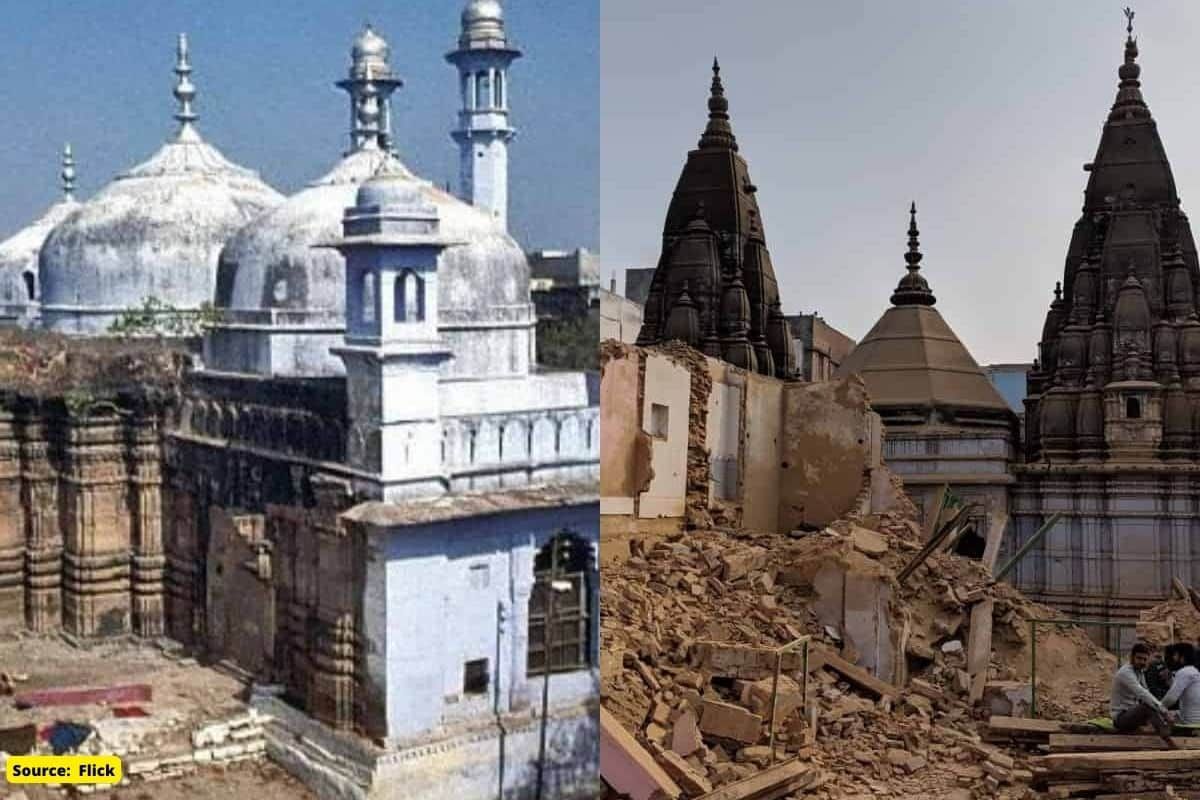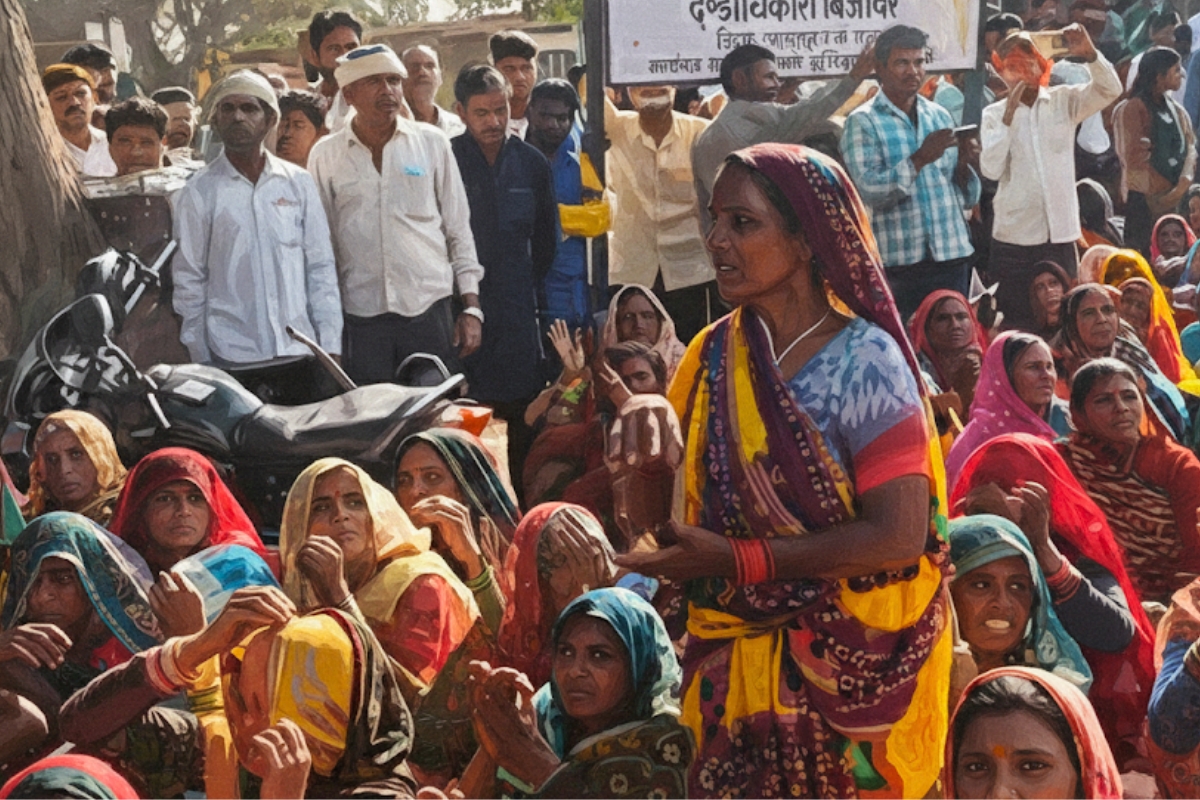With all the controversies among the Gyanvapi Mosque and the BJP alleging that a shivling is found at the mosque, the place of worship, the BJP is demanding repealing the place of worship act. However, being a part of the constitution abolishing the act could have inevitable consequences. As five Hindu women filed a petition to pray at the Gyanvapi Mosque even before the alleged shivling was found. The Supreme court provided the access to survey the mosque and seal the area where the shivling was found.
What comes as a matter of twist in the process is the places of worship act. The places of worship act and the special provision section represent that the places of worship of one religion cannot be converted into places of worship of another religion as per the section 3 while section 4 prohibits any legal cases to be instituted in terms of ownership of the place of worship in existence since and before 15th august 1947. The case of Ram Janbhoomi and Ayodhya mandir was exempted from the act.
As many of the BJP leaders are seeking to repeal the place of worship act, it is a mere possibility as the act wasn’t made by GOD but by the parliament, and with the difference in the situation, the act can be repealed, in the words of a BJP leader.
As per the report of The Quint, The concept of non-retrogression was explained by former Chief Justice of India (CJI) Dipak Misra in his judgment in the Section 377 case:
“The doctrine of non-retrogression sets forth that the State should not take measures or steps that deliberately lead to retrogression on the enjoyment of rights either under the Constitution or otherwise.”
Para 189 of CJI Dipak Misra’s judgment in Navtej Singh Johar case, on page 117
If the act is repealed, it will negatively impact non-retrogression as well as violate protection to the enjoyment of rights to worship of place by the communities that were worshipping for several decades. This would violate the constitutional the basic fabric of the constitution which is secularism, which gives the right to worship and practise any religion to the people.
Support us to keep independent environmental journalism alive in India.
Keep Reading
The costliest water from Narmada is putting a financial burden on Indore
Indore’s Ramsar site Sirpur has an STP constructed almost on the lake
Indore Reviving Historic Lakes to Combat Water Crisis, Hurdles Remain
Indore’s residential society saves Rs 5 lakh a month, through rainwater harvesting
Follow Ground Report on X, Instagram and Facebook for environmental and underreported stories from the margins. Give us feedback on our email id greport2018@gmail.com.
Don’t forget to Subscribe to our weekly newsletter, Join our community on WhatsApp, and Follow our YouTube Channel for video stories.






